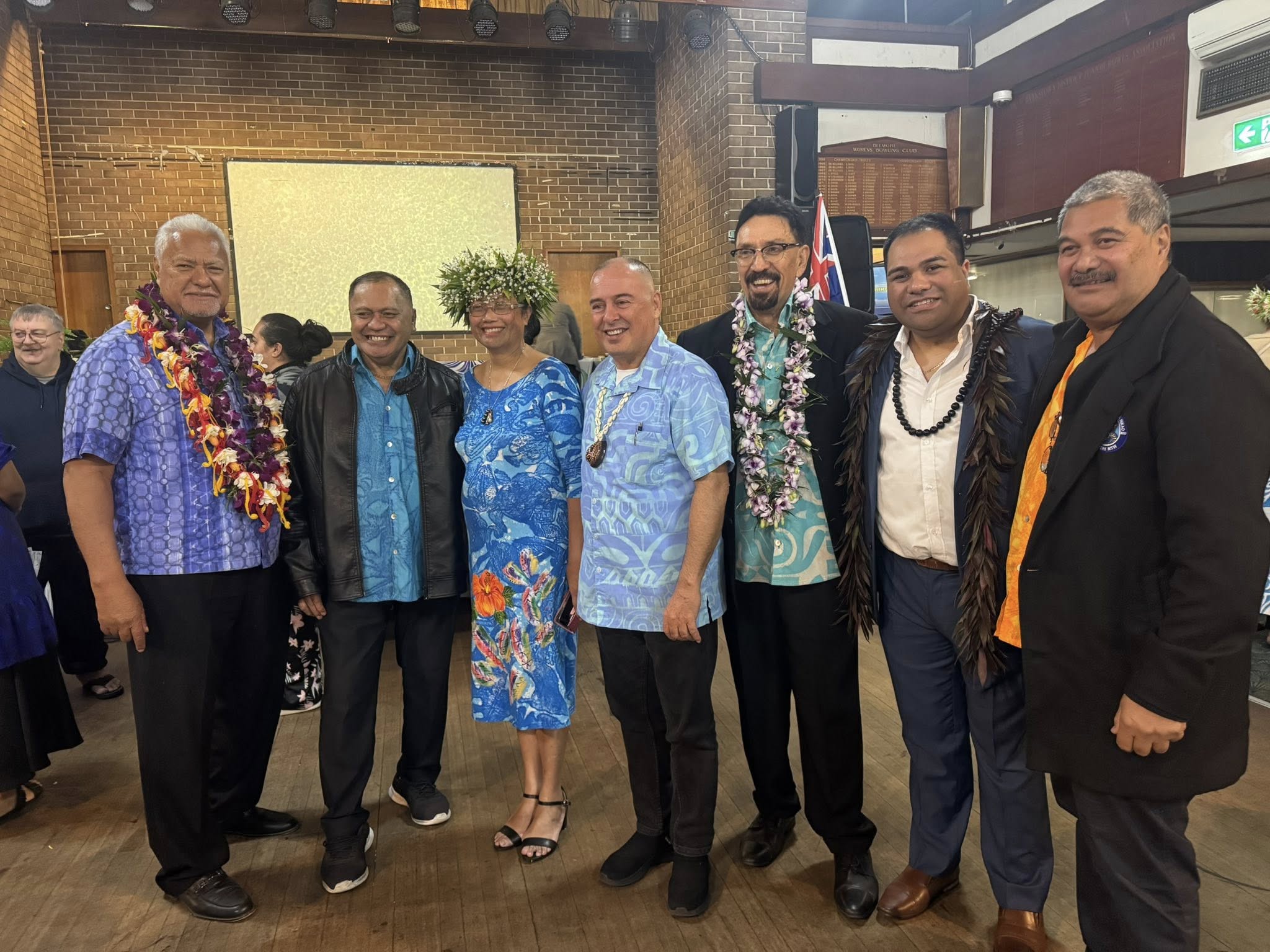The ‘real science’ around deep seabed mining!
The Prime Minister was quoted in the Cook Islands News article on Wednesday, May 26th, concerning the seabed mining consultations in Australia. He stated that the stance of Te Ipukarea Society and Kōrero o te ‘Ōrau on deep seabed mining is ideological, while the Government’s position is based on a scientific approach. This statement is either ignorant, ill-informed, or intentionally deceptive.
The delegation travelling to Australia includes members of the Seabed Mining Advisory Committee who were specifically selected by the Government, not for their science qualifications, but for their pro-seabed mining stance and the influence they have within their communities. These individuals are government supporters being rewarded for their allegiance by inclusion in this roadshow. This raises a crucial question: Who are the scientists advising the Cook Islands Government to push ahead towards deep seabed mining? Who are the scientists who think deep seabed mining will be a good thing?
It is certainly not the scientists from the University of Exeter in the UK. They have called for a blanket worldwide moratorium on deep seabed mining, asserting that this controversial emerging industry currently poses an “unjustifiable environmental risk” and a risk of “potentially irreversible damage”.
It is not the professors from the University of British Columbia who have emphasised the low economic returns and significant, irreversible environmental damage expected from deep seabed mining.
Nor is it the Schmidt Ocean Institute, a private non-profit foundation dedicated to advancing oceanographic research, discovery, and knowledge, about the oceans. Their co-founder, Wendy Schmidt, stated in a letter to The Economist magazine on May 29, 2025, that “The international community has the opportunity to agree to a moratorium on deep-sea mining, as 33 countries and counting are advocating.” This, she argues, would allow time to “ensure that decisions about the ocean are made with an eye to the future rather than a backslide toward our extractive and destructive past”.
Furthermore, it is not the scientists who published in the science journal Nature Ocean Sustainability in July 2023, concluding that deep-sea mining is likely to threaten bigeye, skipjack, and yellowfin tuna populations in the Eastern Pacific Ocean.
And it is certainly not the Cook Islands locally based scientists with PhDs, Master of Science degrees, and Bachelor’s degrees in marine and environmental science who work for or are members of Te Ipukarea Society and Kōrero o te ‘Ōrau.
We could continue, filling pages with examples of scientists who support a moratorium on deep seabed mining. In fact there are nearly 1000 science and policy experts from over 70 countries that have signed a Marine Expert Statement calling for a pause on deep seabed mining.
Therefore, Mr. Prime Minister, which scientists are providing the guiding “science” to which you refer? Given you are labeling the two key environmental NGOs in the country “ideological” despite their significant scientific credentials and genuine love for our country, perhaps you would care to share a list of the science related qualifications of the 11 individuals included in your delegation? If you sum it up, I am fairly confident you will find more science qualifications and years of experience in marine science among our local NGOs than you will find in this space within Government. Or is the scientific approach that the Government claims to be taking actually informed by external scientists who work for the Seabed Mining industry?
If the Government genuinely wished to share a balanced scientific viewpoint with the Australian Cook Islands diaspora, they would have included some of the scientists who are members of Kōrero o te ‘Ōrau and Te Ipukarea Society. As June Hosking noted in the same CI News article on 27th May, replacing one or two “yes men” from the 11-member delegation travelling from Rarotonga with NGO representatives possessing scientific and environmental expertise – and who also sit on the Marae Moana Technical Advisory Group – would have significantly enhanced the consultations, making them more informative, genuine, and less of a one-sided “talk fest car sales pitch” from supporters of deep seabed mining.
As for the “meaningful discussions” and the commitment to informing and consulting with the people that the PM refers to, we suggest, for the Australian “consultations” it would be beneficial if the presentations by the Government and pro-DSM committee members were kept brief and relevant. This would allow adequate time for questions and feedback from the audience and would avoid a repeat of the fiasco that the New Zealand consultations experienced, where little time remained for genuine dialogue..

